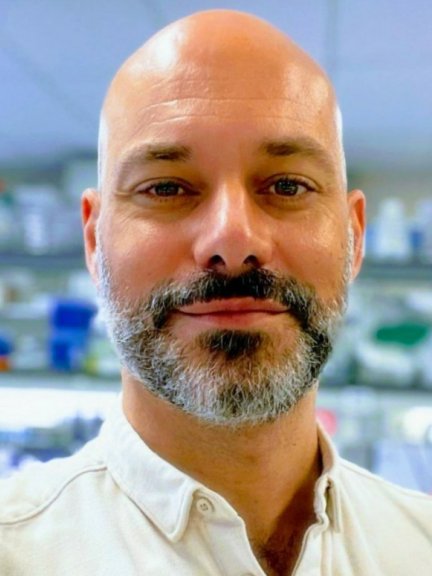"Attending the CRISPR Medicine 2024 conference last week in Copenhagen was an exciting journey through the newest advances of genome editing. Discussions ranged from the intricacies of novel Cas proteins and CRISPR applications in functional genomic screening to vital considerations regarding safety protocols in the expansive field of CRISPR therapeutics. The conference brought together over 400 participants, comprising academic researchers, biotech and pharmaceutical companies, all contributing to a vibrant and friendly atmosphere.
A standout moment was the keynote lecture by Professor Luigi Naldini, from the San Raffaele Institute in Milan, delivering an overview of gene-editing technologies, with a special focus on his groundbreaking work in developing therapies for hematopoietic diseases. His insights underscored the pivotal role of CRISPR in reshaping the landscape of medicine.
Throughout the conference, critical topics like the need for CRISPR-specific regulations, insights gathered from recent therapeutic approvals, and ensuring the safety and responsible use of gene-editing therapies for (ultra-)rare diseases received significant attention. Engaging workshops designed to navigate the transition from lab to clinic, provided a dynamic platform for participants to share ideas on selecting the most suitable gene-editing tools, refining delivery approaches, and conducting safety analyses.
Within the excitement of CRISPR technology, concerns about unintended on-target DNA edits and off-target effects were extensively discussed. Although progress has been made in detecting and minimizing these effects, challenges persist in linking genomic alterations to cellular function. Innovative strategies, such as double-Cas9-nickase-based protocols, show promise in enhancing specificity and efficiency.
A special thank you to Dr. Rodrigo Leite de Oliveira for taking the time to share his experience. Read more about his research and the CRISPR center.


